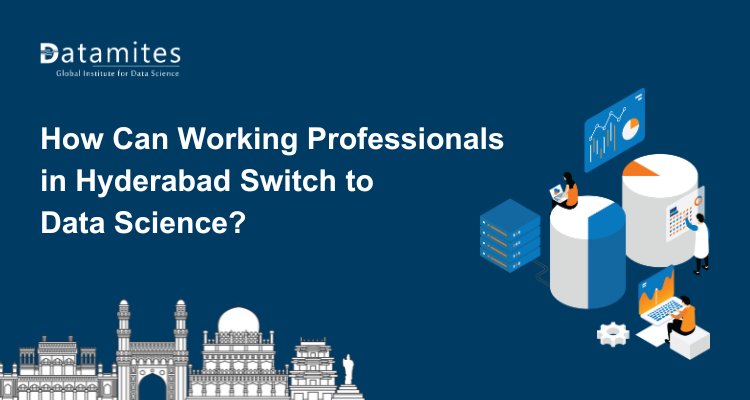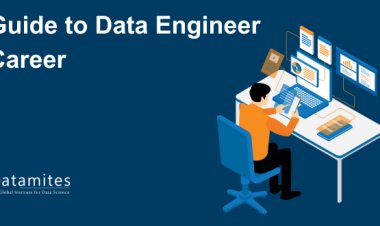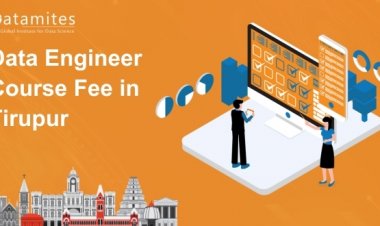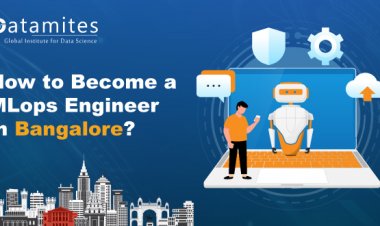The Future of Coding: Can AI Replace Software Engineers?
Curious whether AI will replace software engineers? Get a clear, research-backed explanation of how AI affects coding, where it helps, where it struggles, and what the future of development really looks like.

With the rise of powerful AI coding tools, many people ask the same question: “Will AI replace software engineers?”
This concern is understandable AI can now write code, fix bugs, generate documentation, and even suggest architecture patterns.
But the truth is not black and white.
Instead of replacing software engineers altogether, Artificial Intelligence is changing how software is built, influencing job roles, and speeding up development cycles.
This blog breaks down the facts in a simple, logical way.
The Current State of AI in Software Development
Today’s AI tools can do a lot:
- Generate code from natural language
- Suggest improvements
- Detect bugs
- Write documentation
- Automate tests
These abilities have made developers much faster and more efficient. Tools like GitHub Copilot and ChatGPT have changed how engineers approach repetitive coding tasks.
However, even the most advanced AI still depends heavily on human oversight. It can write code, but it doesn’t truly understand why the code matters, how it affects the business, or how to design a system that can scale and stay secure.
Refer to these articles:
- How Generative AI is Changing the Role of Data Scientists
- What is Semantic Networks in Artificial Intelligence
- Learn about the Types of Machine Learning Algorithms
Will AI Replace Software Engineers? Not Quite — Here’s Why
Even though Artificial Intelligence is getting stronger each year, there are clear limitations that stop it from replacing programmers entirely:
1. AI Lacks Deep Context and Real Understanding
Software engineering is not just typing code. It requires understanding the product, customer needs, architecture choices, performance trade-offs, and long-term design decisions. AI cannot fully understand these layers.
2. Human Judgment Is Irreplaceable
Engineers make decisions based on experience, logic, and business goals. AI can’t handle ambiguity, ethics, security risks, or real-world constraints the way humans can.
3. Complex Systems Need Human Thinking
Large-scale systems, integrations, databases, and cloud architectures require creativity and critical thinking. AI tools only assist they don’t lead. This is why despite advancements, experts agree that AI will not replace software engineers. The real shift is in how engineers will work, not whether they will exist.
How the Role of Software Engineers Is Changing
Instead of replacing programmers, AI is transforming their roles:
• From Coders to Problem Solvers
Developers will spend less time on repetitive work and more time on planning, designing, reviewing, and supervising AI-generated code.
• From Execution to Strategic Thinking
Engineers will focus on system design, architecture, optimization, and high-level decisions areas where human reasoning is essential.
• From Manual Tasks to AI Collaboration
Future engineers will guide, correct, and enhance AI outputs. In many ways, software engineers will become “AI supervisors.”
This shift makes engineers more valuable, not less.
AI Adoption in Software Engineering: What the Numbers Say
AI adoption has grown rapidly across the tech industry:
- A 2025 TechReviewer survey found that 72.2% of companies use AI for code generation and 67.1% use it for documentation and review. Source: techreviewer.co
- 53.2% of companies now use AI even during early stages like requirements analysis, while 48.1% use it in UI/UX design. Source: techreviewer.co
- WiFiTalents reported that 85% of tech companies have adopted AI in at least one part of their software lifecycle. Source: wifitalents.com
- A study from the Journal of Information Systems Applied Research & Analytics found that 44% of developers already use AI tools and another 26% plan to adopt them soon. Source: jisara.org
What this means:
AI is no longer optional it is becoming a standard part of how modern software is built.
Refer to these articles:
- Generative AI and Predictive AI: Key Differences Explained
- List Of Generative Adversarial Networks Applications
- Top 5 AI Tools for Beginners to Get Started with Machine Learning
Does AI Improve Developer Productivity? The Real Impact
AI clearly boosts speed, but it comes with mixed results.
Productivity gains reported in studies:
- A study with 300 engineers using a custom Artificial Intelligence development platform showed a 31.8% reduction in pull-request review time and a 28% increase in production code shipped. Source: arxiv.org (enterprise AI platform study)
- AI reduces repetitive work like boilerplate coding, documentation, and test generation in some cases saving up to 50% of developer time. Source: arxiv.org (Copilot productivity evaluation)
But there are also trade-offs:
- A 2025 evaluation reported that experienced developers needed to rework 6.5% more code after using Copilot.
- Their personal coding efficiency dropped by 19% because they spent more time validating and debugging AI-generated code. Source: arxiv.org (Copilot maintenance study)
AI improves output and speed, but humans still spend significant time verifying correctness. Productivity gains are real but not effortless.
Developer Trust: How Comfortable Are Engineers With AI?
Even though adoption is high, developers still express caution:
- Stack Overflow’s 2025 data shows 84% of developers use or plan to use AI daily.
- Yet only 3.1% “highly trust” AI-generated code.
- 46% say they distrust AI suggestions.
- 66% report that AI solutions are “almost right but not quite,” leading to extra debugging effort. Source: sundeepteki.org analysis of Stack Overflow data
Why this matters:
Developers may use AI tools frequently, but they don’t fully rely on them. Human review remains essential for correctness, security, and reliability.
How Big Tech Uses AI And What It Means
Real-world usage shows that AI is becoming a core assistant, not a replacement.
- Satya Nadella shared that 30% of Microsoft’s code is now written with AI assistance. Source: New York Post
- Robinhood’s CEO revealed that almost 50% of their new code is AI-generated, and “close to 100%” of engineers use Artificial Intelligence tools daily. Source: Business Insider
Even with heavy AI involvement, these companies continue hiring and relying on skilled engineers because humans still guide the design, architecture, and decision-making.
Challenges Developers Must Prepare For
While AI opens many possibilities, it also brings new risks:
- Over-reliance can lead to weak quality control
- Entry-level roles may shift or reduce
- Security and licensing concerns require careful checking
- Debugging AI-generated code can take longer
- Teams must adapt with new training, workflows, and guidelines
A study published using the SPACE Framework found that team structure, peer learning, and environment determine whether AI boosts or harms productivity. Source: arxiv.org (SPACE framework developer study)
Read to these articles:
- Will Polars Replace Pandas?
- Data Scientist vs ML Engineer vs AI Engineer
- How to Learn SQL for Data Analysis
The Future of Software Engineering with AI
Based on all available evidence:
AI will not replace software engineers.
AI will change how engineers work.
The value of engineers will shift toward:
- System architecture
- Problem-solving
- Decision-making
- Domain expertise
- Reviewing and validating AI output
Developers who embrace AI as a tool rather than fear it will be the ones who thrive.
The future of software development is not man vs. machine.
It’s human skill + AI assistance working together.
Software engineers remain essential for logic, design, creativity, and judgment the areas where AI is still limited. AI may write code faster, but humans decide what to build, why to build it, and how it should work in the real world.
At DataMites, we're committed to helping learners stay ahead in the fast-changing tech world. Our Artificial Intelligence course in Bangalore is built to equip you with practical, job-ready skills that companies demand. With industry-grade projects and expert-led training, we make your career transition smooth and confident.
Bangalore is our headquarters, and we also offer physical training centers in Mumbai, Delhi, Pune, Chennai, Hyderabad, Coimbatore, Ahmedabad, and more locations. We focus on providing real mentorship, hands-on learning, and end-to-end career support. If you're ready to upgrade your skills and move toward high-growth AI roles, DataMites is here to guide your journey.





